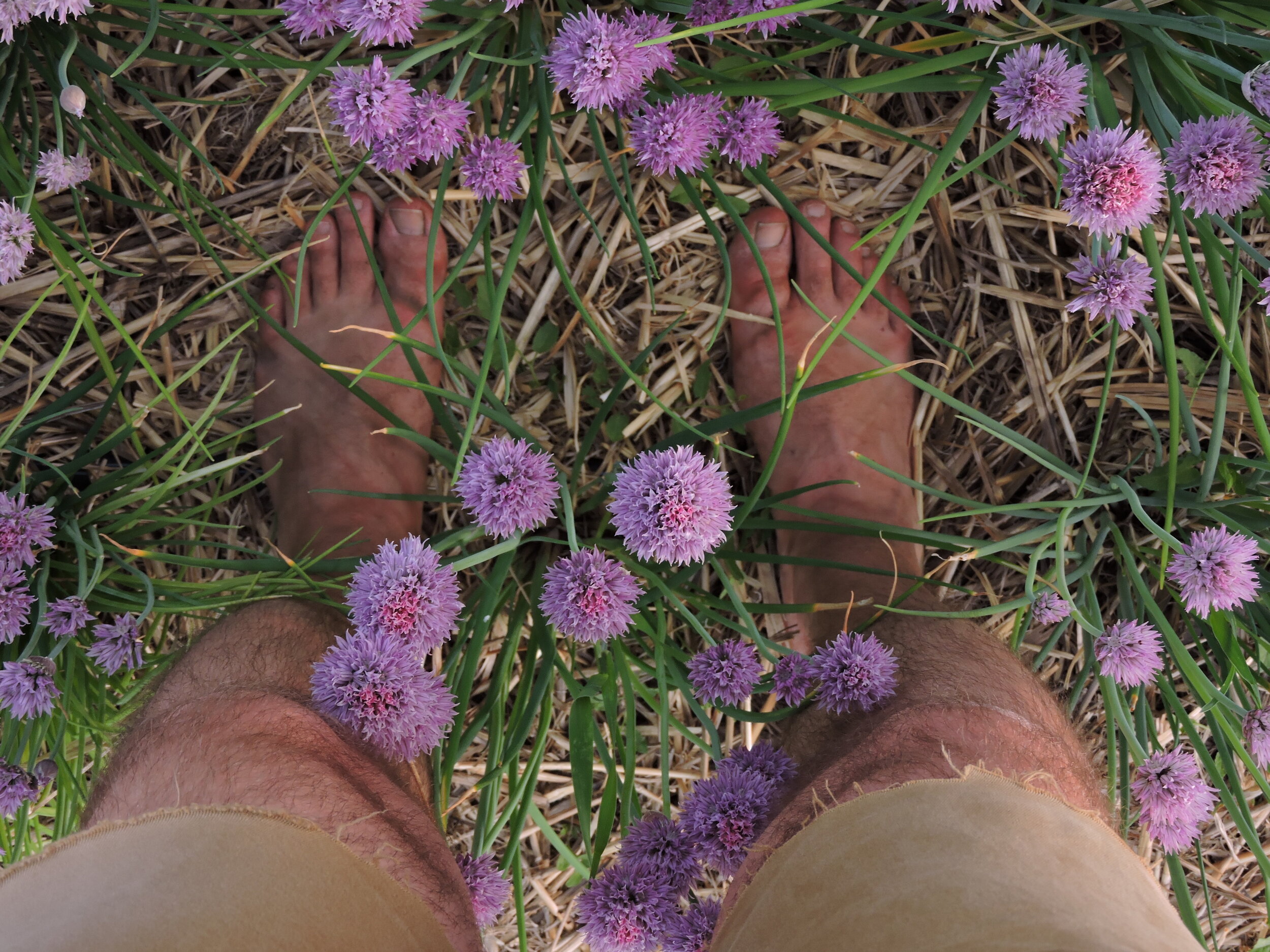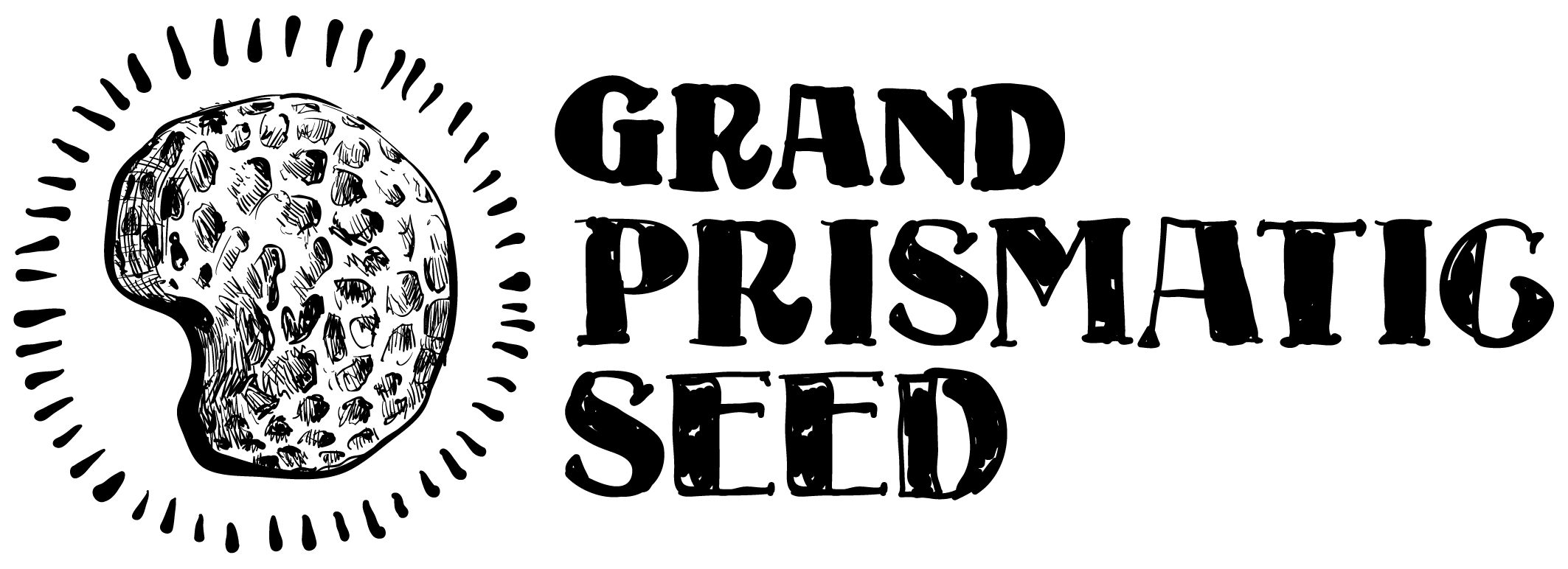Chives



Chives
Allium schoenoprasum
Chives are a classic perennial garden herb in the Amaryllis family that are related to onions. In the Middle Ages of Europe these plants were called ‘rush leeks’ due to their resemblance to grass-like rush plants.
Chives form 1 foot tall clumps of narrow, tubular, green foliage with mild onion flavor. The flowers are also delicious and make a colorful addition to salads, stir-fries, and garnishes. You can infuse vinegar with the flowers and other herbs as desired to make a savory rosy-colored condiment.
The flowers of our chives, like most, are a fresh rose-pink tone and form a dense ‘cloud’ of starry, sea anemone-shaped flower heads. The plants will bloom throughout your growing season if you keep the flowers deadheaded while they are still fresh and before they form seeds.
Chives are tough plants native to grasslands and open country of the northern latitudes of Asia, Europe and North American. They are adaptable to many growing conditions from drought to high moisture, full sun to mostly shade, rich to poor and heavy to light-textured soils. Chives tolerate very cold and fairly hot conditions; USDA cold hardiness zones 3-10.
They will be most productive for you in full sun with regular moisture and some fertility and drainage to the soil.
You can harvest the leaves a little at a time or do periodic cut backs close to the ground to harvest the whole plant and stimulate new growth as long as the growing season allows. Chives make a wonderful addition to ornamental plantings and are a great nectar and pollen provider for pollinators. They also do well in patio pots. Chive clumps can be divided periodically and given compost to boost growth. The tiny chive bulbs under the soil are easily replanted to make new clumps. Be sure to weed grass and other plants out of your chives to keep them from getting taken over as they grow in the same place for many years.
The strong sulfur compounds in chives and other onion relatives act as a repellent to a number of garden pests. The juice of the leaves can be used in making a home-made repellent for insects and other plant eaters as well as in the treatment of some fungal pests.
Packet: 100 seeds
